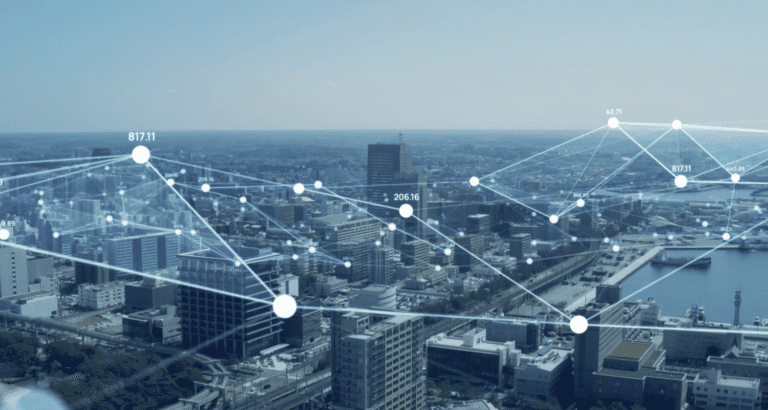According to the global telecom industry association GSMA, European mobile data traffic will triple over the next four years. This growth will put additional pressure on the investments of European telecom operators. The brache organization ia therefore wondering whether European legislators will continue to pay attention to this.
Recent research by the GSMA shows that by 2028 European mobile data traffic will have tripled. In Western Europe, the average mobile data traffic per month will then be 56 GB. Last year it was 20 GB. In Central and Eastern Europe, mobile data traffic will then be 37 GB per month. In 2022, this was still 14 GB of mobile data traffic.
The reasons for the tripling of mobile data traffic by 2028 include the growing move to 4G and the continuing improvements to 5G technology and associated capacity. The latter technology is also set to become the most dominant mobile technology in the coming years. By 2028, about 87 percent of all mobile users in the region will have 5G at their disposal.
As a side note, however, the GSMA states, among other things, that the European region must invest even more in, for example, “stand-alone 5G”. In this area, Europe is currently still lagging behind other regions.
Investments by telecom operators
Another important conclusion from the study is that due to the growth in mobile data traffic, European telecom operators have to incur more investment costs. By 2030, the GSMA expects these telecom operators to invest a total of €198 million in upgrading their mobile networks to keep up with growing mobile data traffic.
This adds to the approximately €1 trillion the mobile ecosystem is expected to contribute to the entire European economy by 2030.
Call for continued attention
The GSMA is therefore calling on European regulators to continue to pay attention to the work of these telecom operators. This will also be necessary to give European residents and businesses the digital infrastructure they need for the future.
The global telecommunications industry trade association is pleased that at this time European lawmakers are recognizing this contribution of the mobile industry and are now exploring how they can help. Examples include the recent discussions on consolidation, spectrum harmonization and establishing more fair infrastructure investment models.
Read more: EU wants Digital Network Act as answer to telecom concerns big tech
